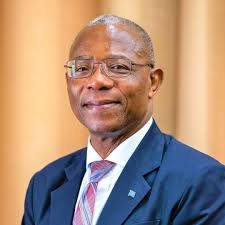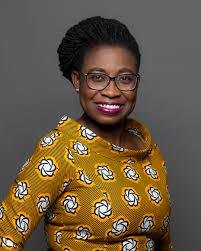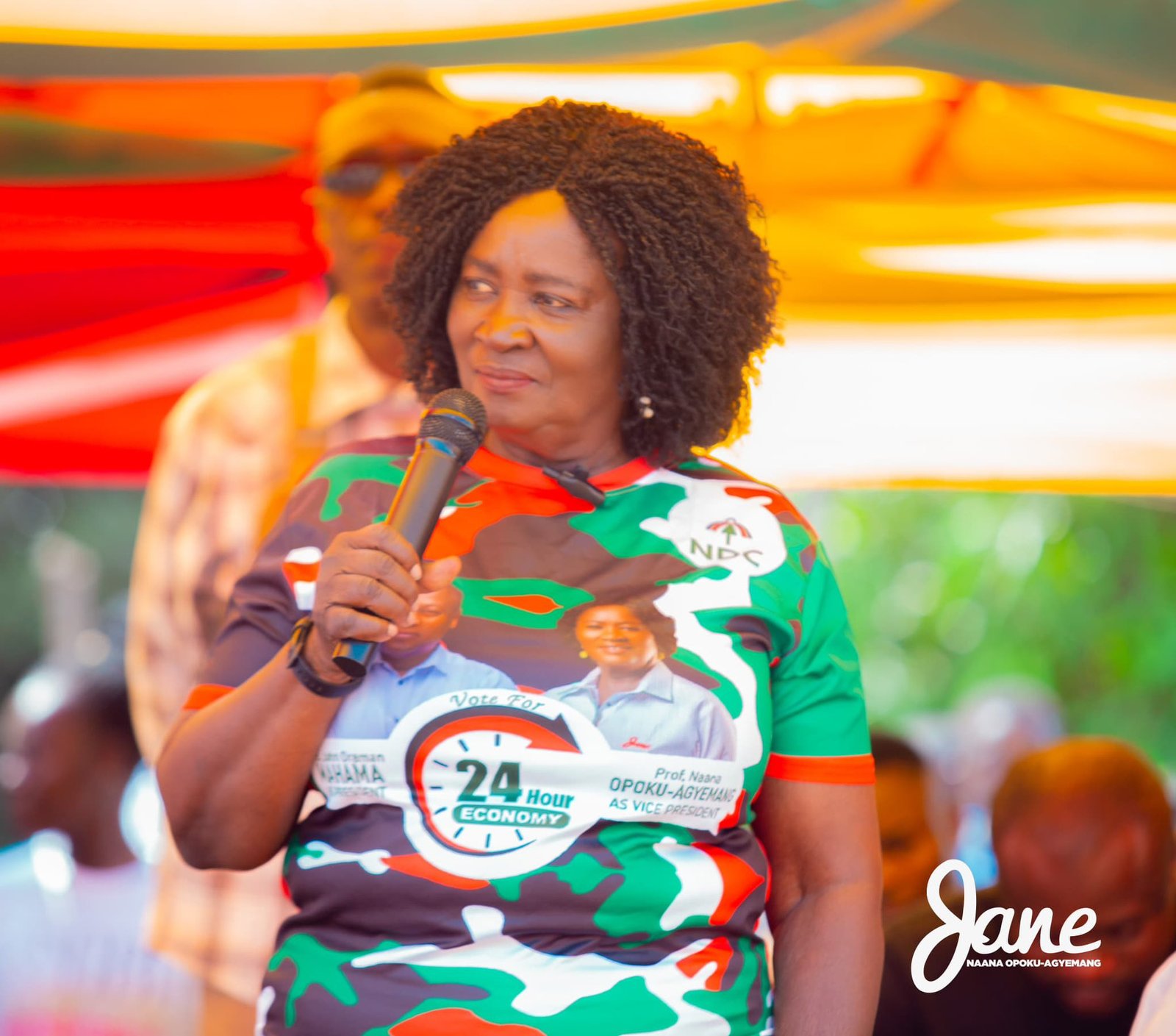Hot!
‘Ghanaman Time’ impeding development, leaders must set good example

Georgina Asare Fiagbenu
Lateness for work and other important activities appears to have garnered a place in the scheme of things for majority of Ghanaians.
The canker has sunk so deep in the Ghanaian DNA that it has been christened the ‘Ghanaman Time’, a parlance partially accepted among a certain class of people.
Upshots of this are the precious hours wasted at public events due to the late arrival of guests at events, especially the political elites whose absence means everyone must be held for hours.
But a Global Communication Expert, Mr Ben Dotsei Malor believes the lateness scourge was beginning to have a negative impact on various sectors of the country and largely, impeding development and calling for a change in attitude.
Mr Malor believes that one of Ghana’s major problems as far as development was concerned was her disrespect to time and unpunctuality.
Speaking at the latest online ‘Time Keeping Dialogue’ series on Sunday hosted by Head, Corporate Communications at MTN, Mrs Georgina Asare Fiagbenu, as part of efforts to address the challenge, Mr Malor called on leaders to set good examples by attending events on time.


The virtual conversation was under the theme, ‘Ghanaman Time’ to Greenwich Mean Time – Lessons from the Diaspora.”

Mr Malor, Chief Editor of Dailies at the United Nations (UN) News and Media Division of the UN Department of Global Communications, said the canker was impeding development and Ghanaian leaders must be concerned.
“We have normalised the abnormal, accepted the unacceptable, tolerated the intolerable, defended the indefensible, and condoned what should be condemned. This is impeding our development,” he stated.
He said, it was regrettable that leaders attend events late and expect their subordinates to be on time.
The change, he said, must start with leadership so that they would be able to punish people for their lateness.
Mr Dotsei Malor proposed that, financial consequences must be attached to lateness to put people on their toes.
“When one loses a portion of his or her salary due to lateness, it would stop them from making excuses not to be at work early,” he stated.
Mr Malor acknowledged that the issue was not unique to Ghanaians, citing Ecuador, where in 2003 the government declared a state of emergency to address chronic lateness estimated to cost the country $2.5 billion annually.
However, the former BBC Editor said the issue was more damaging in Ghana compared to other countries.
Mr. Dotsei Malor asserted that the disrespect for time, where a programme scheduled for 10am-12pm eventually begins at 11:30am, was largely why most Ghanaians were poor and the economy, in a bad state.
“Being time-conscious means increased productivity, and productivity means efficiency. A lack of this results in inefficiency, lack of success, and other problems,” he stated.
According to Mr. Dotsei Malor, acknowledging the impact of time wasting was a step in eradicating the ‘Ghanaman time” that has persisted for years.

On her part, Kirstie Angsmann, a member of the Migrants Council and Women’s Commission in Freiburg, Germany, added that in Germany, the system is structured that excuses like ‘my car broke down’ or ‘I was stuck in traffic’ were not tolerated.
Mrs. Kirstie Angsmann, a Ghanaian woman married to a German, noted that Ghanaians needed to take every bit of their time seriously, just as it is done in Germany.
Mrs Georgina Asare Fiagbenu in her closing remarks, said more of such conversations would be held to address the challenge and ensure productivity across all sectors of the economy.
By Michael D. Abayateye
Hot!
ASWIM lauds Prof Naana Jane Opoku-Agyemang

The Association of Women in the Media, (ASWIM) has congratulated Professor Naana Jane Opoku-Agyemang on her historic achievement as Ghana’s first female Vice President.
The association said her trailblazing journey with sterling accomplishments from academia to politics, is undoubtedly, a vivid inspiration to countless women and girls across Ghana and Africa.
This was contained in a statement signed by its president, Mrs Mavis Kitcher, and copied to The Spectator on Tuesday in Accra.
“ASWIM celebrates your remarkable career, marked by numerous firsts, including the first female Vice-Chancellor of the University of Cape Coast, (UCC), and the first female to hold a professional chair in Ghana, (UCC),” the statement said.
It said the accomplishments of Prof Opoku- Agyemang were clear testament to the brilliance, resilience and resourceful nature of the complete beautiful African woman.
“As she takes on this new role, ASWIM proudly lauds her commitment to education, women’s empowerment, distinguished public service and patriotism and is very confident that her pursuit of excellence, love for humanity, humility, decency, modesty and commitment to the welfare of the vulnerable will characterise Ghana’s political leadership and public service,” the statement added.
By Jemima Esinam Kuatsinu
Entertainment
Demolition of Fantasy Dome unfair — Mark Okraku-Mantey

Months after the Fantasy Dome was dismantled to make way for construction at the Ghana International Trade Fair site, the Deputy Minister of Tourism, Arts and Culture, Mr Mark Okraku-Mantey, has expressed concern over the manner the facility was destroyed.
In an interview on Daybreak Hitz with Andy Dosty, Mr Okraku-Mantey criticised the handling of the dome’s dismantling, suggesting that it could have been done without causing damage.
“I don’t think that leadership gave instructions that they should do what happened. The structure was a prefab but I hear the people destroyed it. That one, we cannot defend it. It is unfair to him (owner). Sometimes, you give instructions and people will go and do things that will make you look bad,” he stated.
When asked about any punitive measure against the workers responsible for the destruction, Mr Okraku-Mantey clarified that the Trade Fair does not fall under his ministry.
He said he had previously contacted the owner, Leslie Quaynor, to discuss relocating the dome, and even suggested the National Museum as a potential site, though it was too small.
The demolition of the 20,000-seater Fantasy Dome occurred on March 16, 2024.
According to Dr Agnes Adu, CEO of the Ghana Trade Fair Company Limited, the action was taken after multiple notices were given to Quaynor to vacate the premises for redevelopment, as per their tenancy agreement.
Dr Adu noted that all previous tenants had complied except for the Fantasy Dome.
Quaynor, in an interview with JoyNews, confirmed that his lease had ended, and was in the process of relocating the dome.
He had requested an extension, which was denied, leading him to seek a writ and an injunction from an Accra High Court to halt the demolition.
Despite this, the demolition proceeded, causing significant damage to the structure.
Quaynor described the incident as a major setback, not only for his business but also for the entertainment industry, which relies on venues like the Fantasy Dome.



